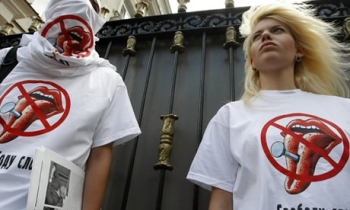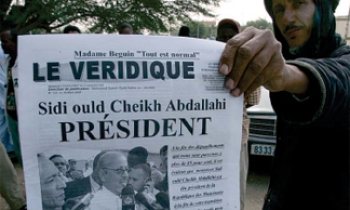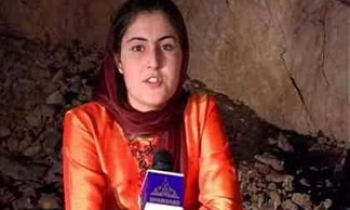China has decided to allow the re-opening of an investigative newspaper shut down last month, its editor has said.
The Bingdian (Freezing Point) will hit news stands on 1 March, Li Datong said.
But he said Communist Party officials in charge of the weekly would not allow him and his deputy to work there.
The news comes two days after prominent Communist Party elders issued a rare open letter to protest about increased media restrictions and censorship.
The signatories - who included a onetime aide to former leader Mao Zedong and an ex-party propaganda chief - said strict censorship may "sow the seeds of disaster" for China's political transition.
'Empty paper'
Mr Li said he was called in on Thursday to be informed about the decision to revive the Bingdian, which is a supplement of the China Youth Daily.
He said he was also told that he and his deputy editor Lu Yuegang no longer had their jobs there, but were being transferred to the paper's news research office.
"This is a ridiculous decision!" Mr Li was quoted as saying by the Associated Press news agency.
"The soul of Bingdian has been extinguished. Only a shell is left. If the staff decided to protest, no-one will do the job. It will be an empty paper on 1 March," he said.
Bingdian would also have to run an article criticising a previously published essay by a Chinese historian that formally led to the closure of the paper, Mr Li said.
In his article on 11 January, Yuan Weishi wrote that Chinese history text books never acknowledged the culpability of the government, but blamed others instead.
"We were raised on wolf's milk," he wrote in the article, meaning a culture of hatred and violence.
A spokesman for China's foreign ministry on Thursday defended the closure of Bingdian.
Qin Gang told a news briefing that the historian's essay "gravely violated historical facts, gravely hurt the national feeling of the Chinese people, and gravely injured the image of the China Youth Daily".
Media taboos
Bingdian has built its popularity by daring to report what other Chinese papers would not, the BBC's Rupert Wingfield-Hayes in Beijing reports.
It is now being brought back under control by a regime that appears increasingly nervous of any sort of public debate or media scrutiny, our correspondent says.
Paris-based organisation Reporters Without Borders has frequently criticised restrictions on the media in China, and says Chinese journalists are routinely forbidden from mentioning many sensitive subjects.
In its 2005 world press freedom index, China came 159th out of the 167 countries listed.









